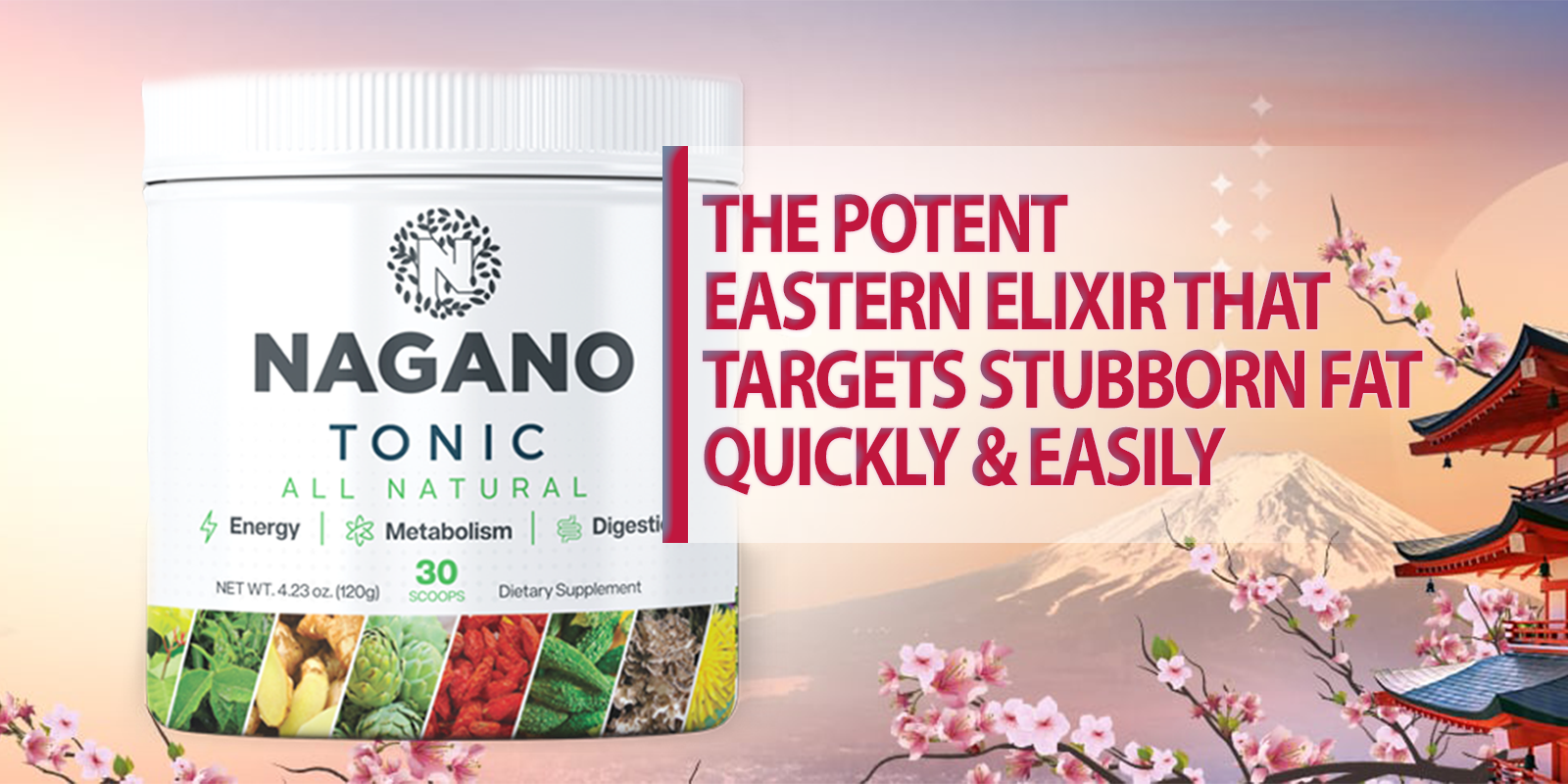It's aptly named for the star shaped pods from which the spice seeds are harvested and has a flavor that is reminiscent of licorice.
Because of similarities in their flavor and names, star anise is often confused with anise, though the two spices are unrelated.
Star anise is famed not only for its distinct flavor and culinary applications but also for its medicinal benefits.
Herbs and spices are often unsung heroes of the health and nutrition world and star anise may be no exception.
Star anise has been used in traditional Chinese medicine for thousands of years and has also been accepted into some Western medicine practices more recently.
Antifungal Properties
Star anise is a rich source of the flavonoid anethole.
This compound is responsible for the spice’s distinct flavor and offers potent antifungal benefits.
Some agricultural research has found that trans anethole derived from star anise may inhibit the growth of pathogenic fungi in certain edible crops .
Test tube research indicates that other bioactive compounds found in star anise essential oil, like terpene linalool, may suppress biofilm and cell wall formation of infectious fungi in humans.
Antibacterial Benefits
Another important medicinal benefit of star anise is its ability to inhibit bacterial growth implicated in a variety of common illnesses.
Test tube studies have also shown that bioactive compounds in star anise may be effective in treating urinary tract infections caused by different bacteria .
A separate study revealed star anise extract to be somewhat effective in reducing the growth of E coli , though it wasn't as effective as current, more common antibiotic treatments.
At this time, most research on the antibacterial properties of star anise is limited to animal studies.












